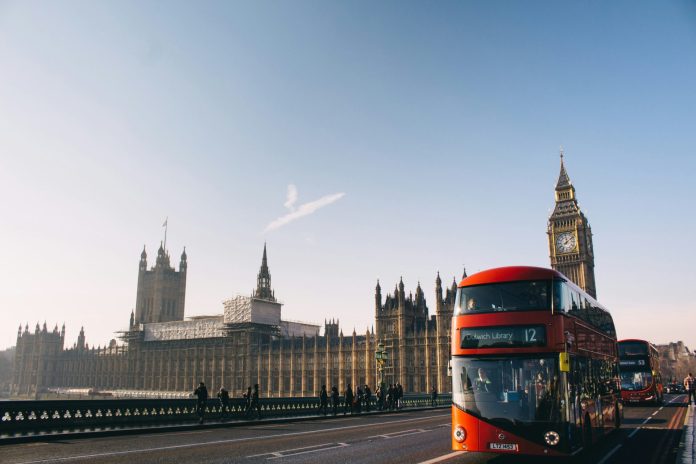Ipsos UK poll has highlighted widespread public pessimism about the state of the British economy, with 77% of Britons rating the economy as “poor.” This marks a significant shift from just 19% who view it as “good,” with a net rating of -58. Public sentiment has worsened since the summer, and pessimism has now reached the levels seen in March 2024, just before the elections.
When it comes to assigning blame, nearly equal portions of those who view the economy negatively attribute the situation to decisions made by the current Labour government (42%) under Keir Starmer and Rachel Reeves, and the previous Conservative government (44%) under Liz Truss and Kwasi Kwarteng. However, there has been an 18 percentage point increase in those blaming the Labour government compared to August 2024.
While several factors contribute to the economic outlook, the Covid-19 pandemic is seen as the most significant (49%), followed by Brexit (45%), Conservative policies since 2010 (40%), the ongoing war in Ukraine (40%), and the global economic situation (38%).
Glimmers of hope
On the other hand. among the minority who see the economy positively, decisions made by Keir Starmer and Rachel Reeves are given some of the credit as one of the most mentioned factors (by 23%), along with the state of the global economy (25%), productivity of British workers (23%), and decisions made by the Bank of England (23%).
Reeves’ performance under scrutiny
Two in five (42%) Britons rate Rachel Reeves’ performance as Chancellor negatively, a score comparable to Jeremy Hunt’s just after the 2024 Spring Budget. 16% think she is doing a good job.
Labour’s narrow economic trust advantage:
While Labour continues to be more trusted than the Conservatives on the economy, their lead is just 6 ppt, and the proportion picking them is has dropped slightly since last year. Meanwhile 43% say they trust neither of the main parties.
Split public priorities
Britons are now split on whether they would prioritise reducing borrowing and cutting the national debt, even if it means reduced spending on public services (32%) or increased borrowing to spend more on public services (30%). This marks a slight shift from October 2024, when increased public spending was marginally favoured (by 35% to 31%).
Britons are also split on their priorities between increasing spending on public services, even if it means higher personal taxes (33%), or cutting taxes even if this means less money for public services (31%). This represents a slight change since last year, when there tended to be a small but consistent balance of opinion in favour of more spending. Labour voters and older people tend to be the most supportive of more spending on public services.



 Bitcoin
Bitcoin  Ethereum
Ethereum  Tether
Tether  XRP
XRP  Solana
Solana  USDC
USDC  Cardano
Cardano  TRON
TRON  Lido Staked Ether
Lido Staked Ether  Avalanche
Avalanche  Toncoin
Toncoin